Why Do Diesel Engines Produce So Much Torque?

It’s not a secret that diesel engines consistently produce higher torque outputs than petrol engines. The difference between horsepower and torque is also normally much closer in diesel engines (if measured in lb ft), so how do they create all this extra grunt compared to petrol?
High compression ratio
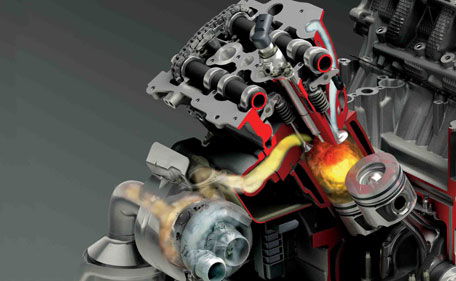
The first reason is a much higher compression ratio. This is the ratio of the maximum and minimum volume in the cylinder of an engine. It’s made larger in a diesel engine due to a longer stroke, meaning the piston is moving up and down a larger internal volume of cylinder. Diesel engines never rev as high as petrol engines due to the fact that the piston has to travel further for its full rotation, while a petrol engine uses its shorter stroke to move the piston in quicker bursts, meaning the engine speed can be faster.
Higher calorific value
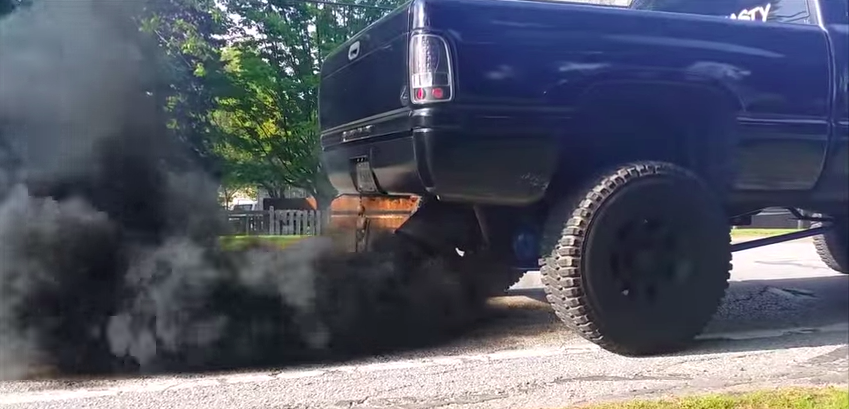
Another influence on torque output is the pressure exerted on the piston from the combusted fuel. Diesel (45500kJ/kg) has a slightly lower calorific value than petrol (45800kJ/kg) which means that more heat is actually contained within petrol for a given volume than diesel. However, diesel is much denser than petrol and can store up to 15 per cent more energy per given volume. This means that each time diesel is combusted, more energy is transferred through to pressure on the piston, increasing the amount of torque acting through the crankshaft.
Higher boost
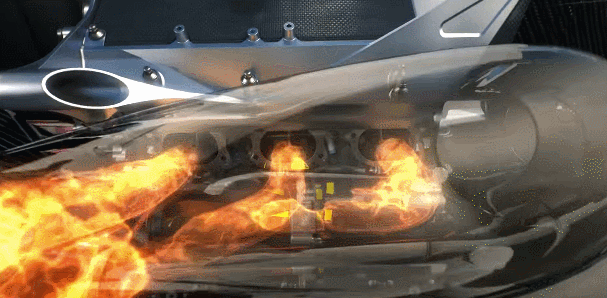
Many diesel engines are also turbocharged to make up for the lack of out-and-out horsepower and engine speed. This then creates a higher pressure within the cylinder for the power stroke, which in turn creates an increase in torque. In comparison to turbochargers on gasoline engines, diesel turbos are generally setup to a much higher boost pressure, which reduces pumping losses during the intake stroke of the engine, allowing the engine to become more efficient in its conversion of energy through to the crankshaft.
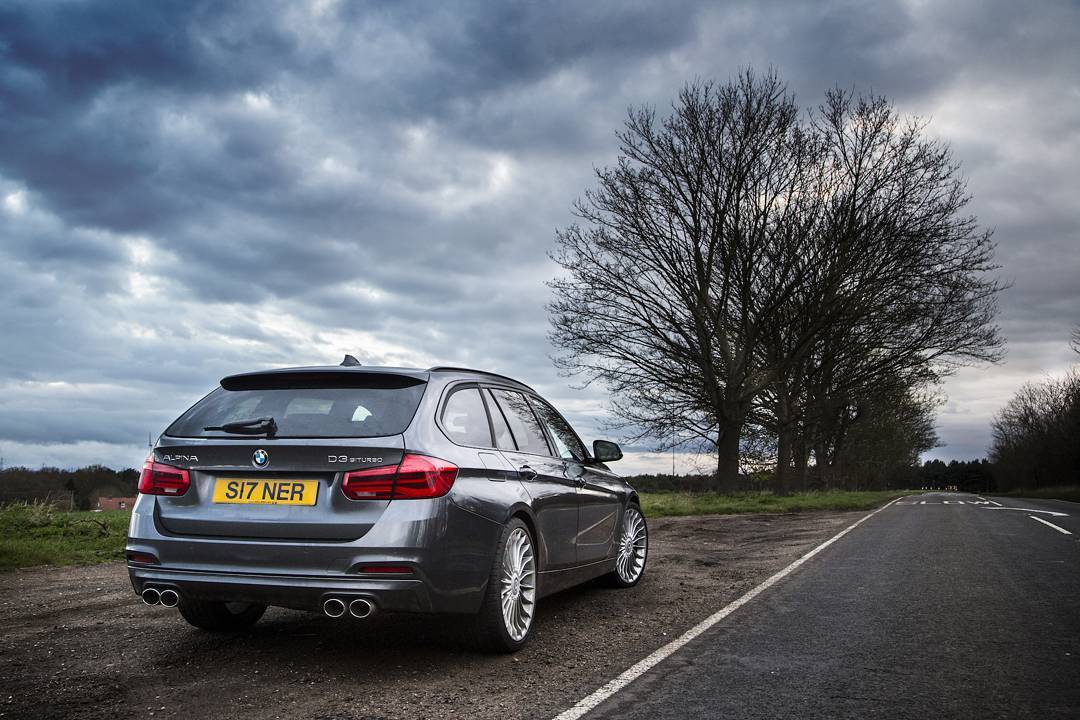
The main thing to take from all this is that horsepower is definitely not the be-all and end-all, but it certainly has its uses. A petrol-powered racing engine can produce little torque but the sheer rev range can mean a high horsepower figure. On the other hand, a low revving diesel engine will always struggle to reach the same value in horsepower but can capitalise on the torque gains. This is why you never find diesel engines in any supercars or hypercars; if you have two engines making the same amount of torque but one of them is managing to rotate the crankshaft faster and therefore creating more power, you’d side with that one.
You must remember that diesel engines in their first instance were developed to rival the steam engine; engines designed to move very heavy loads, making high torque and constant speed essential. Gasoline engines on the other hand were developed for functions where high power-to-weight ratios were needed (early aircraft and motorbikes) and thus produce that fast-revving characteristic that most petrolheads crave over a torquey diesel.
The way to look at diesels is using an analogy like loading up your boot with something: let’s go with paving slabs. Petrol power is like carrying each single paving slab as quickly as possible, while a diesel engine is more like slowly moving four slabs at a time. The diesel engine is doing more work per engine revolution.
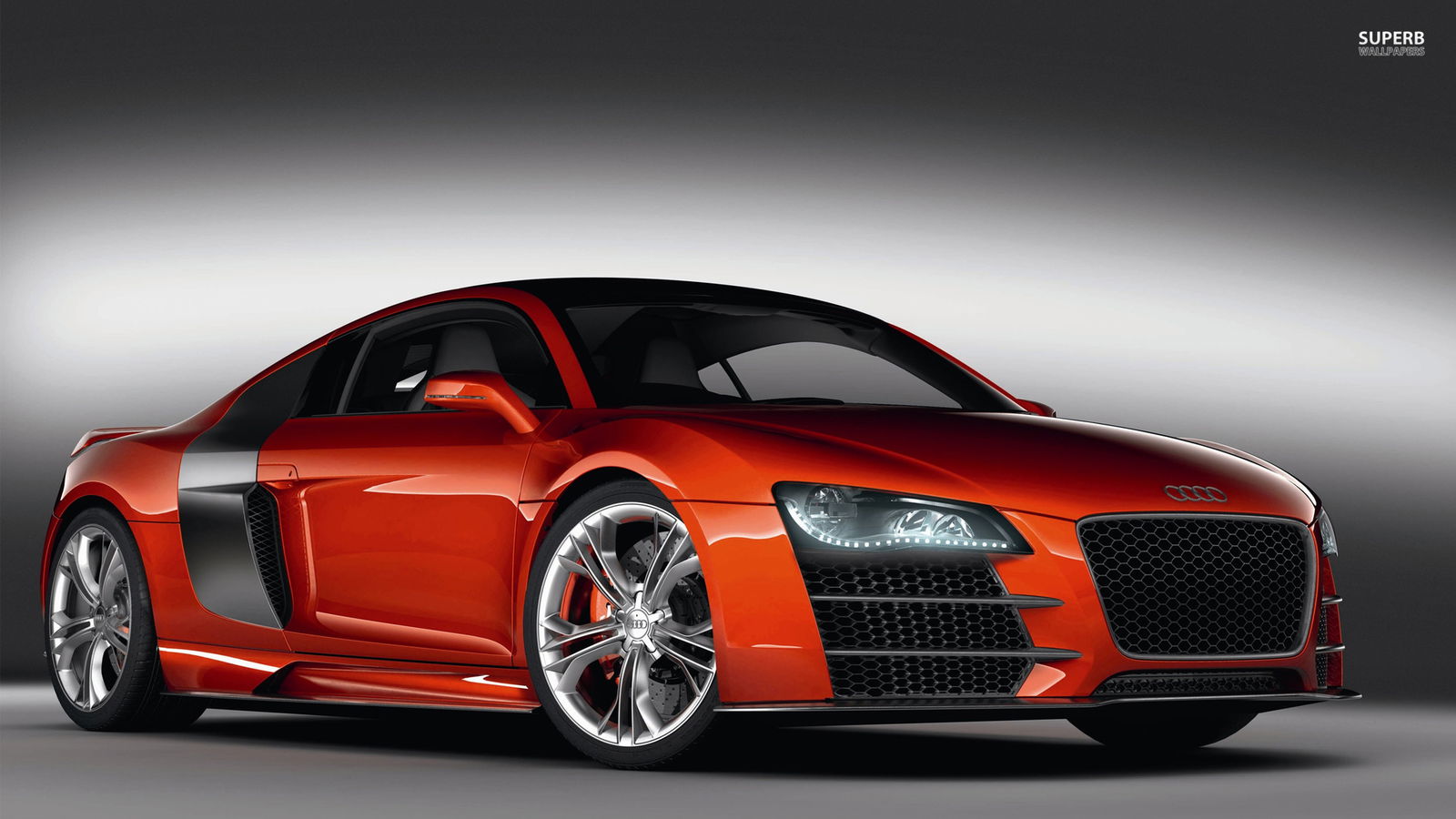
High performance diesels are also most certainly on the up – take Alpina for example. The D3 Bi-Turbo produces 345bhp and (predictably) 516lb ft of torque resulting in a 4.6sec 0-62mph time. That puts it in the territory of the BMW M2, an impressive achievement for a big, oil-burning estate. And who can forget Audi’s road-going R8 V12 TDI from 2008, which managed a top speed of 202mph through the extensive development of the company’s R18 Le Mans racers. Diesel power can therefore be effectively utilised for performance machinery, but the shift from petrol has yet to happen, thanks in part to the sudden rise in hybridisation and various diesel emissions scandals.
You probably won’t see Ferrari or Koenigsegg scrambling to develop diesel powertrains any time soon, but if out-and-out torque is required, rolling coal is the way to go.
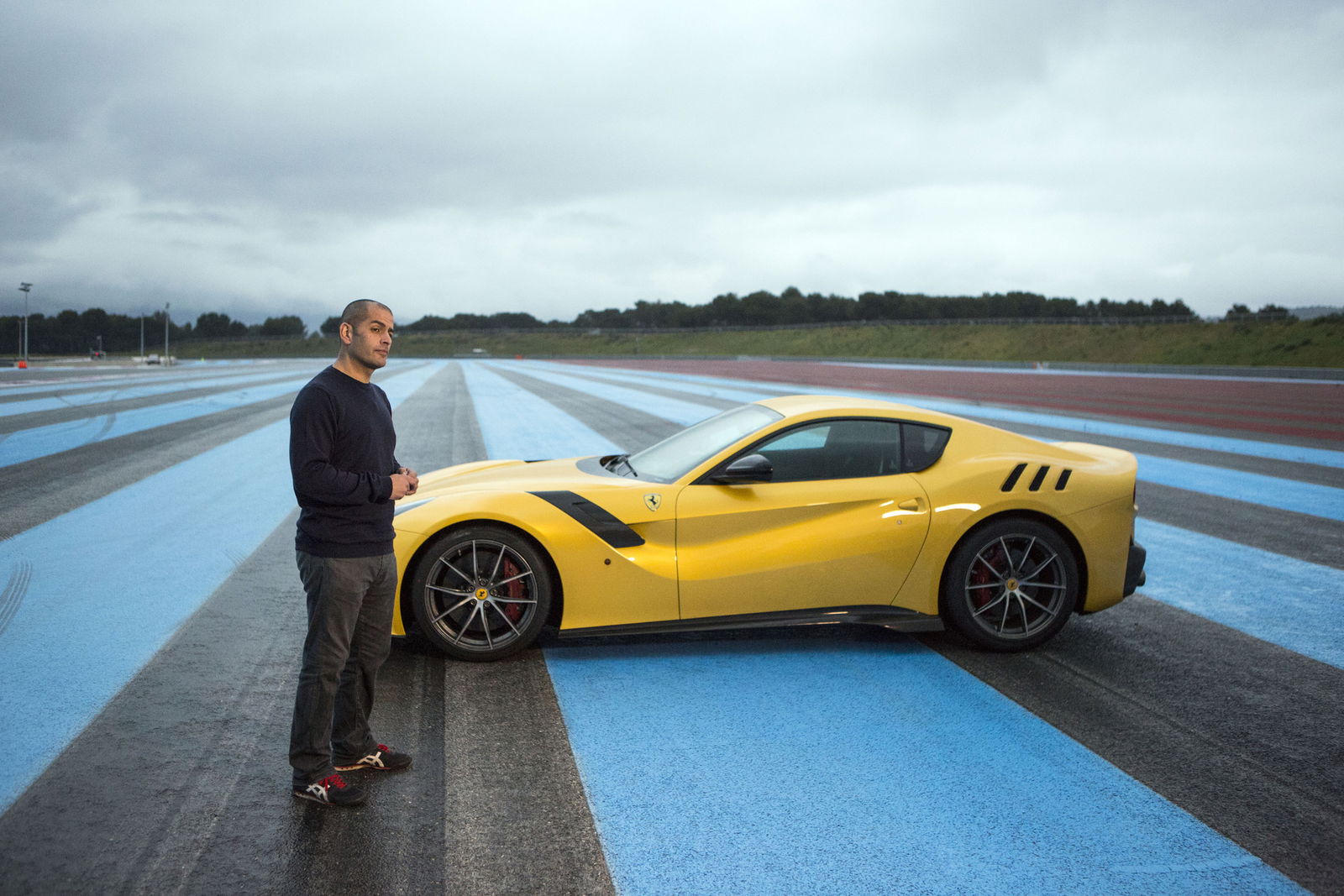
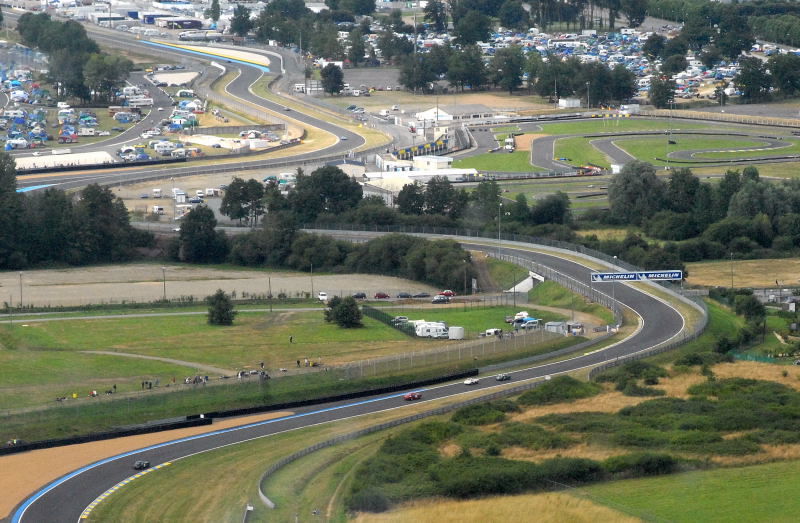



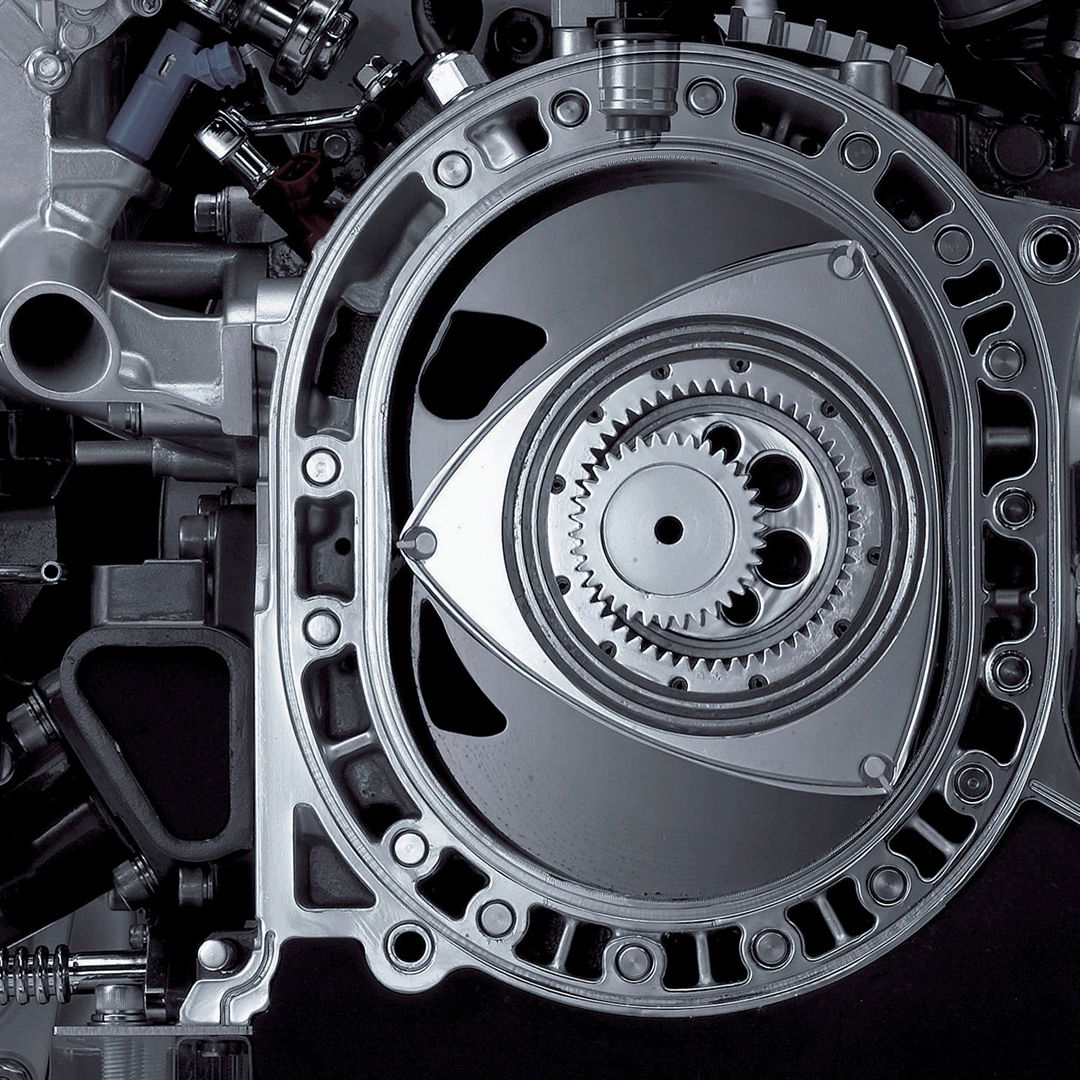


Comments
This is the 240hp, twin-turbo passat tdi. It’s a torque monster with 500nm (= 368lb-ft)
“ but why are they produce way more torque”
Diesels are great, rolling coal is for idiots. Nothing is a worse sign for the tuning of a Diesel engine than when a huge cloud of black smoke comes out.
Hi,
Nice shot but there is some confusion here :)
The CR is not directly related with the piston stroke, the volume of the cylinder is (so you have to know youre bore and dead volume)
In fact Diesel have loooong stroke due to several fact and limitation.
-Thermodynamical limitation
-mecanical limitation
Thermodynamicaly first,
Diesel fuel need more time to combust than petrol when it’s put into the hot combustion chamber.
That delay fix the maximum revs a diesel can reach at around 6000 rpm
If you go further you will just burn the fuel at an unapropriate moment.
Mecanicaly,
As the revs are limited by the combustion time (peroxyde making time) the engine architecture can be a “low rev” type so no need to have short stroke and looog rod for high rpm.
Plus longer stroke are nice for efficency thanks to better work recovery for the same expanded volume.(if volume being kept equal)
Add the fact that Diesel piston with integrated combustion chamber are heavy (steel piston soon ) and you understand why such low rev technical choice are possible and made.
For the “why do diesel produce so much torque?”
As you correctly said pumping losses and high CR do that, but todays diesel huge torque are mostly due to high boost and long combustion thanks to injector technologies.
For NOx reduction (heat reduction) Diesel CR tend to be lowered , from 22:1 in the 80’s to todays 16:1 and maybe less in the futur, contrary to gasoline engine which now reach CR as high as 14:1 … not very far from diesel now…
The pumping losse reduction is mostly the fact that diesel do not rely on butterfly for throttle contrary to gasoline engines (there is butterfly on diesel mostly for EGR control)
But state of the art gasoline with tech like BMW valvetronic or Fiat Multiair can get ride of throttle bodies and in a near futur freevalve tech and things like that will allow the same.
The torque obtained by injector tech is due to the fact that diesel cycle have a 2 distinc combustion phase, a constant volume one like gasoline and an almost contant pressure one.
That allow diesel engine to produce lot of work during the down stroke of the piston as the pressure remain high thanks to the still injecting and thus burning fuel.
And as said earlyier High CR make high engine efficiency thus a better performing engine (overall) because having a “overheated” combustion chamber is aimed to tend to burn the diesel fuel as soon it’s put in the chamber. (compromised by NOx production as the diesel burn mostly in lean mixture)
But don’t be fooled, gasoline engine will very soon kick diesels torque ass :) and fuel consumption
Thanks to turbos, high CR, SFI, valves contrôle etc…. and at last autoignition phase at low and part throttle
My 2 cents
They see me coalin’, they hatin’…
Hey man, grammar error in the sub-title, shout be ‘do’ rather than ‘are’.
NIce article though :D
280 HP… 1.9 TDi…. Over 70k done no probs… But here new PD engine costs about 200€… So i dont mind if it goes to waste I just change it.
Hence why I love my fleet. All 600+ hp cummins with ground shaking torque
A45 AMG 2liter engine produces 475Nm of torque so I wouldn’t say modern diesels are so far ahead in twisting force numbers.
Heat control such as the VTG is a great technology !! I love how Porsche uses it to control the power by changing the boost pressure !
Pagination